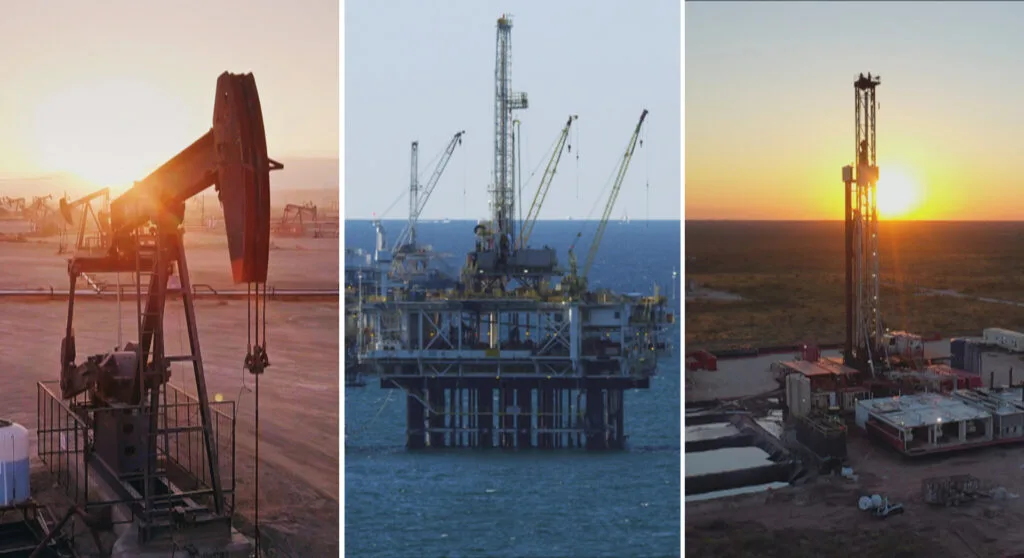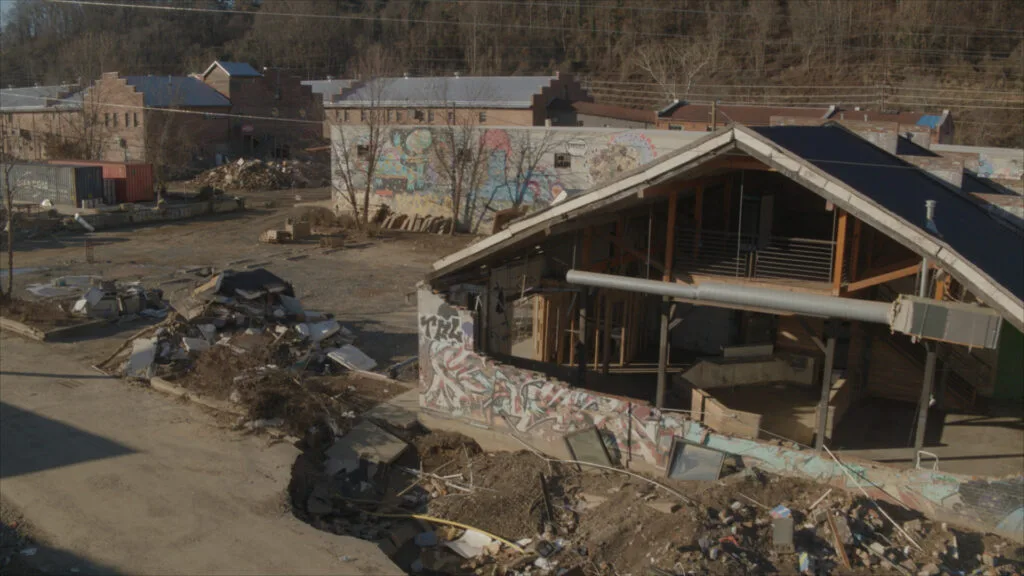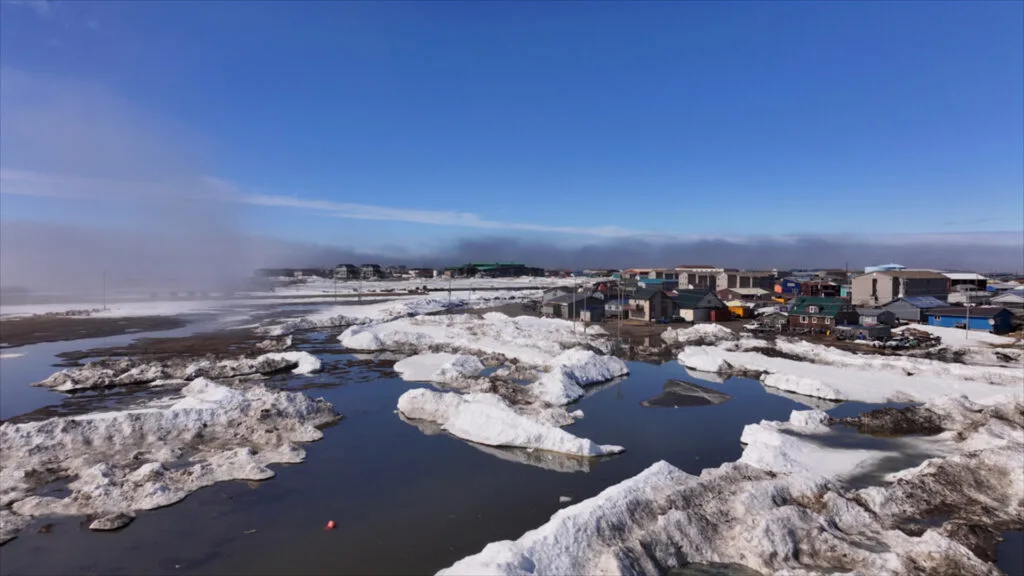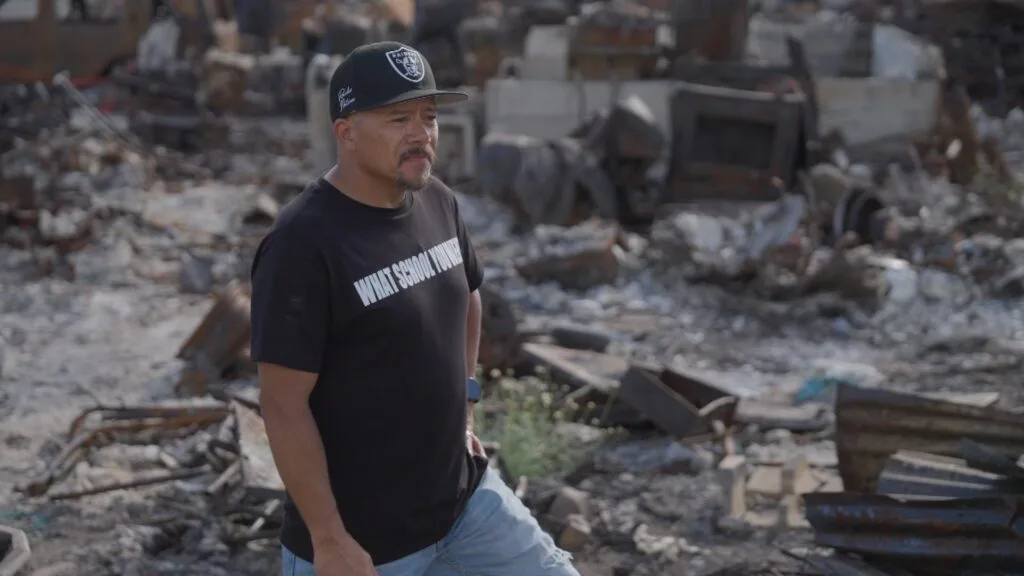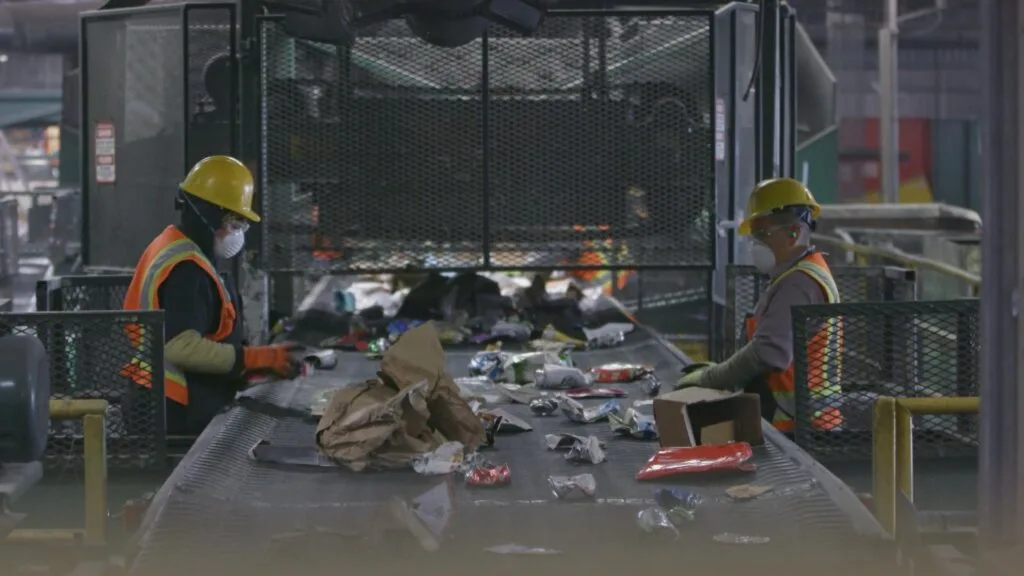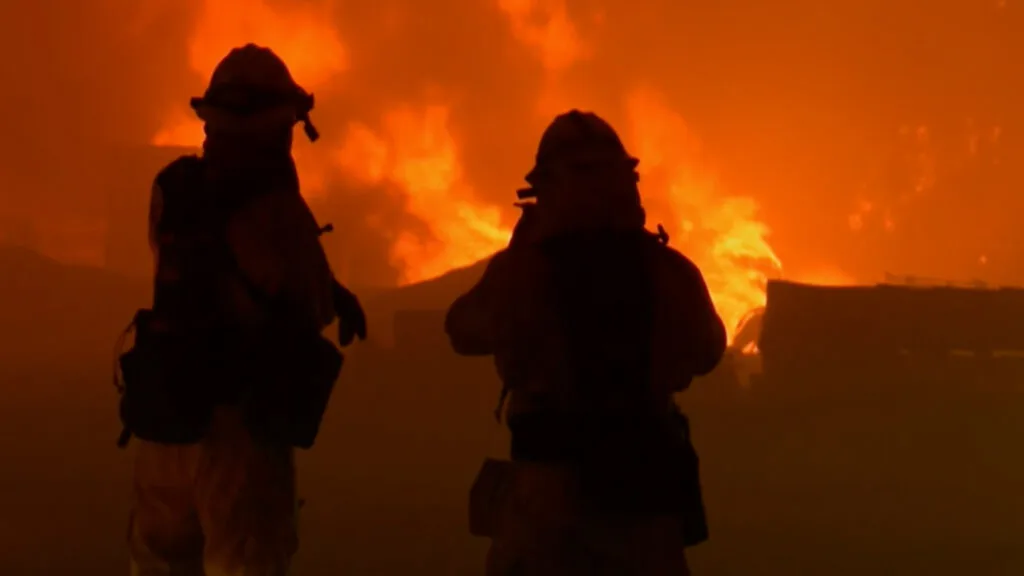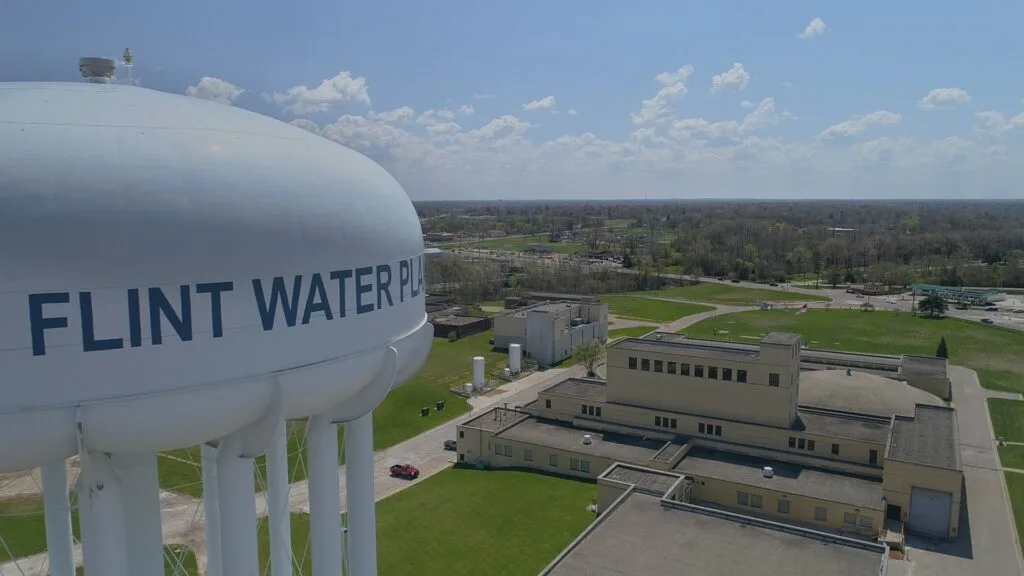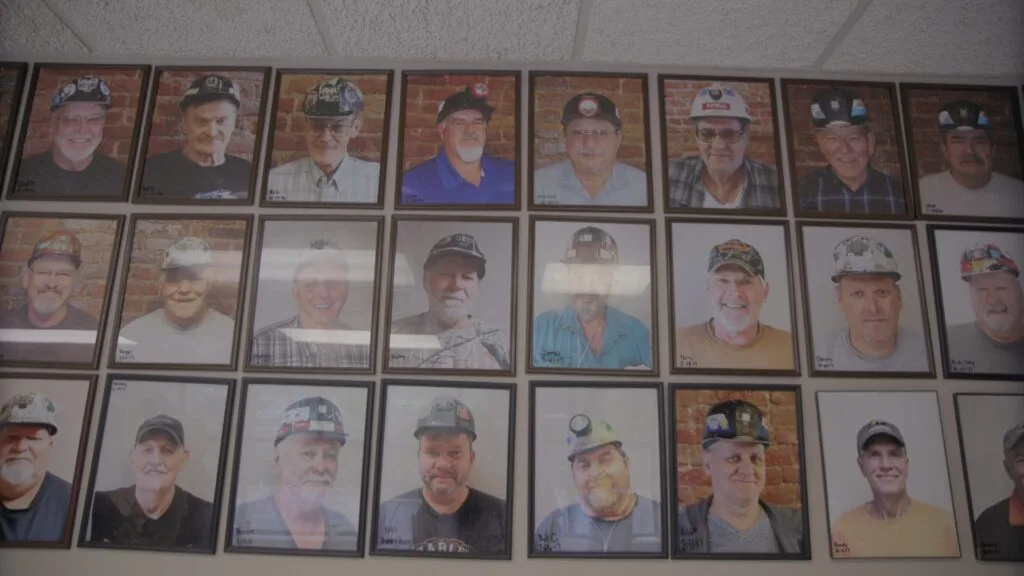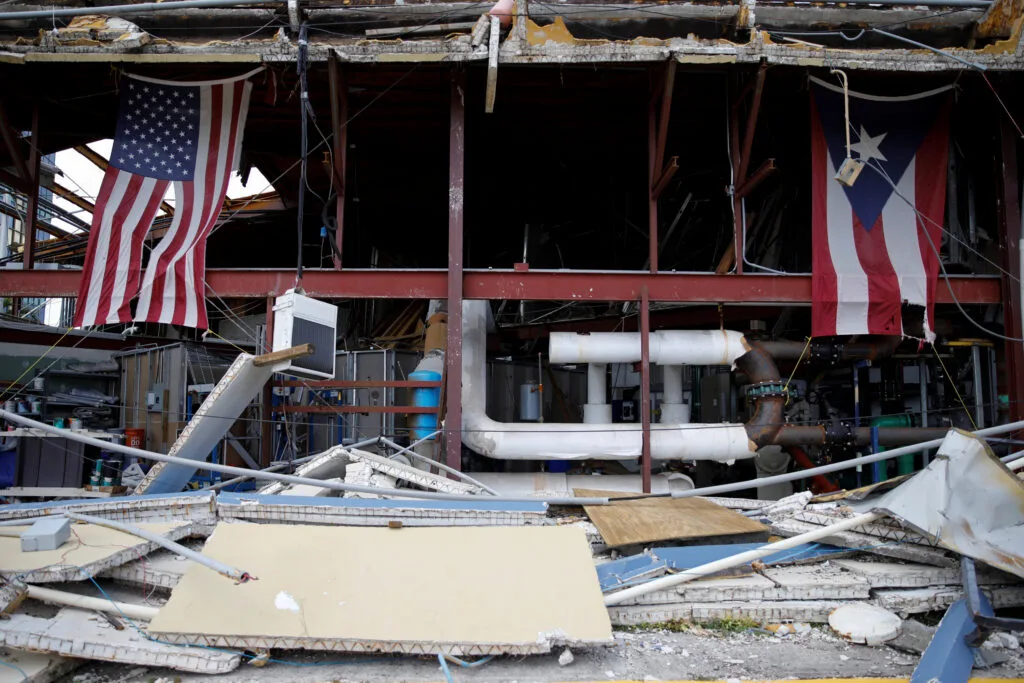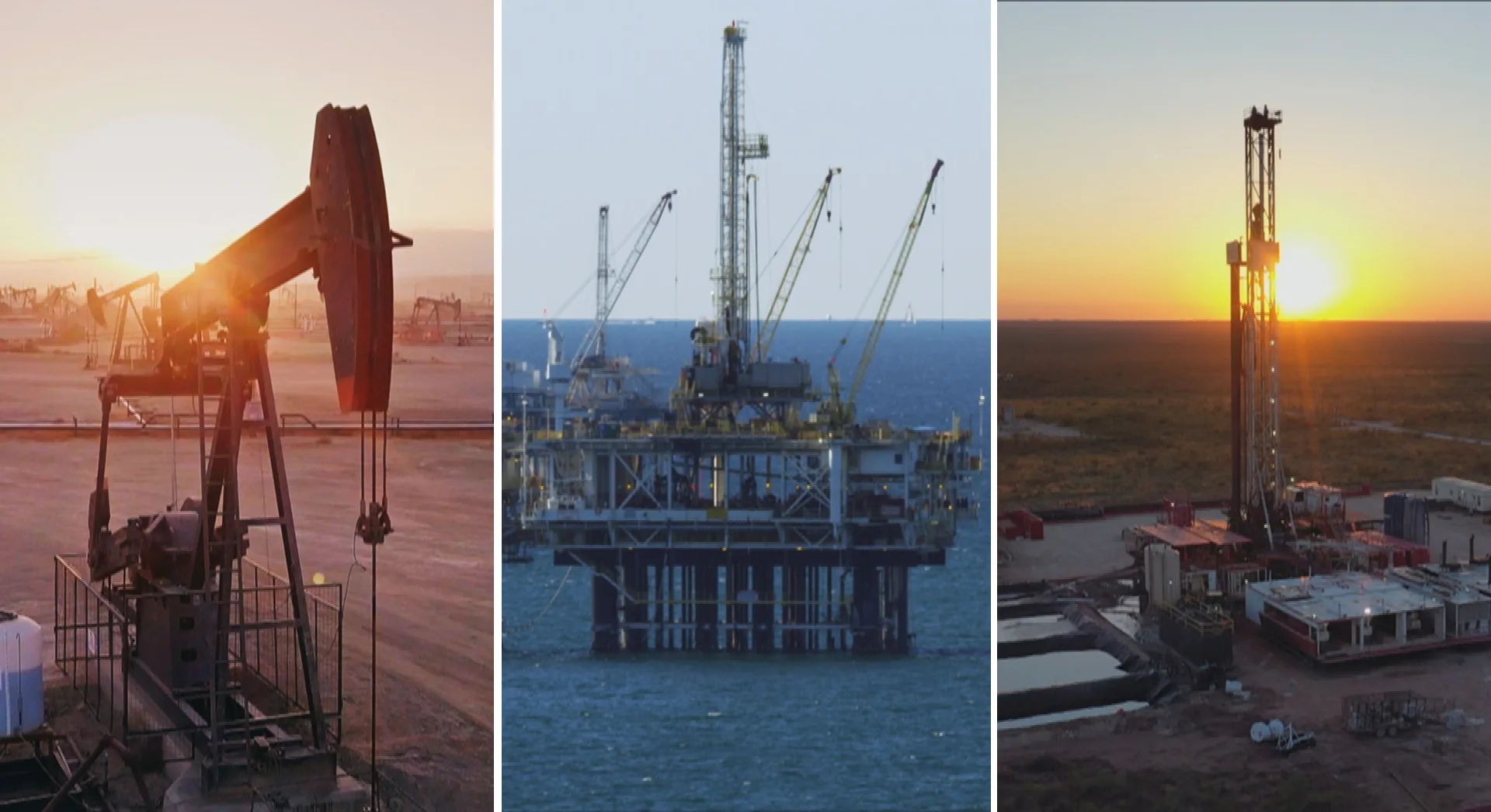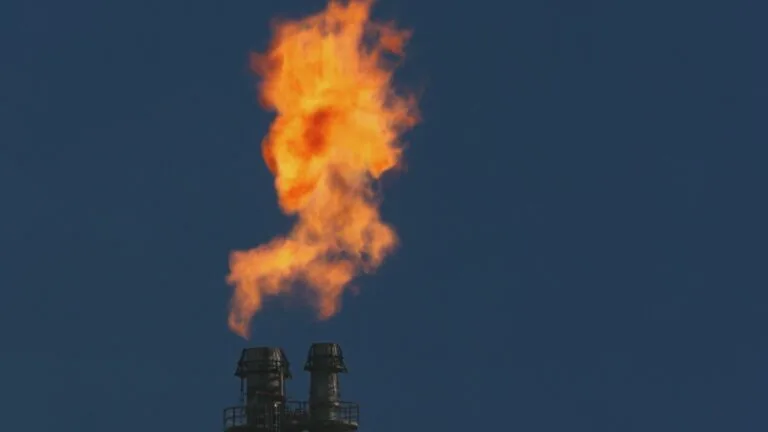The Fossil Fuel Industry Marketed Natural Gas as a Cleaner Alternative. But They Weren’t Monitoring for Methane Leaks, Former Exxon Mobil Engineer Says.
May 3, 2022
Share
During the early years of the Obama administration, the fossil fuel industry was experiencing an historic boom, despite widespread concern about climate change.
That boom was driven in large part by a new technology for extracting large deposits of oil and natural gas from shale rock formations — horizontal drilling and hydraulic fracturing, or fracking — and was accompanied by an industry marketing push to brand natural gas as part of a clean solution.
As Delay, the final episode of the three-part FRONTLINE docuseries The Power of Big Oil, reports, the Obama administration and even the Sierra Club initially embraced and mirrored the messaging that natural gas was less harmful to the environment than coal.
That idea had also been attractive to Dar-Lon Chang, who joined Exxon Mobil in 2003 after getting his PhD in mechanical engineering.
“The fact that natural gas was much cleaner burning than coal, that it produced half the carbon dioxide emissions of coal, those were very appealing to me,” Chang says in the above excerpt from The Power of Big Oil: Delay.
But there was a problem. Chang knew the methane in natural gas had the potential to do significant damage if allowed to leak. “Natural gas is primarily methane, and methane, when it’s leaked out to the atmosphere, can have orders of magnitude more global-warming impact than carbon dioxide,” he says.
As the fracking boom took shape and became what he calls a new “Wild West,” Chang worried that the thousands of new, lightly regulated fracking operations in the U.S. could be leaking massive amounts of methane and turbo-charging the climate crisis: “I already felt that having many methane gas wells was a ticking time bomb for methane gas leaks,” says Chang, who previously spoke with Inside Climate News. “The more engineering infrastructure, the more wells and the more pipes, the more potential there is for leakage.”
So in 2010, when Exxon Mobil purchased the fracking company XTO for $41 billion and became America’s largest natural gas producer overnight, Chang was concerned about the sudden move — and ultimately, by what he says was the industry’s failure to track natural gas’s full climate impact.
“When they were marketing natural gas as clean energy, they didn’t really know what they were talking about, because they were fixated on the idea that natural gas, when burned, produces half the carbon dioxide emissions of coal,” he says. “But without measurement devices to verify that you’re not significantly leaking, you can’t be sure that your natural gas is actually giving you less of a global warming impact than coal.”
In reality, says Chang, who left Exxon Mobil in 2019 after working on the company’s fracking push inside the U.S., “the industry was not monitoring methane leakage, so they did not have data about how much was leaking. And there wasn’t much appetite for management to measure methane leakage because, if they found out there was a problem, they would have to do something about it.”
At the time, Exxon Mobil and others in the industry said they were working to reduce methane emissions, which were already within limits set by the EPA. But The Power of Big Oil: Delay goes on to recount how some in the environmental community were witnessing widespread leaks — and how, in the years since, numerous studies have pointed to the dangers of methane emissions from oil and gas production.
For the full story, watch The Power of Big Oil: Delay, below. The final installment of FRONTLINE’s three-part, decades-spanning series The Power of Big Oil charts the reemergence of the U.S. as the world’s biggest oil and gas producer, as well as the rise of natural gas. The documentary also examines the Obama, Trump and Biden administrations’ actions on climate change and explores what may happen next.
All three parts of The Power of Big Oil are now streaming at pbs.org/frontline, in the PBS Video App and on FRONTLINE’s YouTube channel.
The Power of Big Oil is a FRONTLINE Production with Mongoose Pictures in association with BBC and Arte. The series producer is Dan Edge. The producer and director of episode 3 is Robin Barnwell. The editorial consultant is Russell Gold. The senior producers are James Jacoby and Eamonn Matthews. The executive producer for FRONTLINE is Raney Aronson-Rath.

Related Documentaries
Latest Documentaries
Related Stories
Related Stories
Explore
Policies
Teacher Center
Funding for FRONTLINE is provided through the support of PBS viewers and by the Corporation for Public Broadcasting, with major support from Ford Foundation. Additional funding is provided the Abrams Foundation, Park Foundation, John D. and Catherine T. MacArthur Foundation, Heising-Simons Foundation, and the FRONTLINE Trust, with major support from Jon and Jo Ann Hagler on behalf of the Jon L. Hagler Foundation, and additional support from Koo and Patricia Yuen. FRONTLINE is a registered trademark of WGBH Educational Foundation. Web Site Copyright ©1995-2025 WGBH Educational Foundation. PBS is a 501(c)(3) not-for-profit organization.
